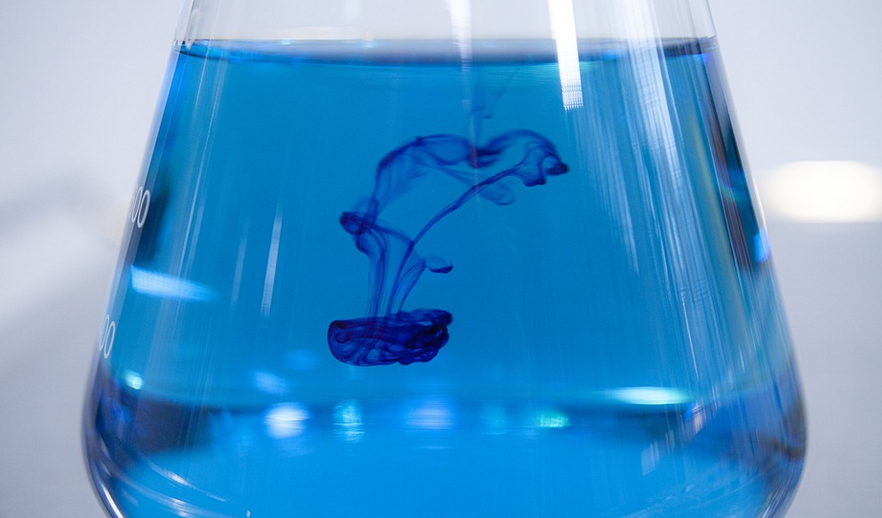Introduction
Petunias are one of the most popular annual flowers grown in gardens around the world. They are prized for their bright colors, long blooming season, and easy care. However, to get the best possible results from your petunias, it is important to fertilize them properly. In this article, we will discuss the best fertilizer for petunias, and how to use it to get the most beautiful blooms.
What are Petunias?
Petunias are a type of flowering plant that belongs to the Solanaceae family. They are native to South America, but are now widely cultivated in many parts of the world. Petunias come in a wide range of colors, from white to pink, red, purple, and even black. They are a popular choice for summer gardens, window boxes, and hanging baskets.
Why Do Petunias Need Fertilizer?
Petunias are heavy feeders, which means they require a lot of nutrients to grow and bloom. Fertilizer provides these nutrients, which include nitrogen, phosphorus, and potassium. Without enough fertilizer, petunias may grow slowly, produce fewer flowers, and be more susceptible to disease and pests.
What is the Best Fertilizer for Petunias?
The best fertilizer for petunias is one that is high in phosphorus, which is essential for flower production. A good petunia fertilizer should also contain other important nutrients, such as nitrogen and potassium. Look for a fertilizer with a ratio of 5-10-5 or 10-15-10, which means it contains 5-10% nitrogen, 5-15% phosphorus, and 5-10% potassium.
Organic vs. Synthetic Fertilizers
When choosing a fertilizer for your petunias, you may also want to consider whether to use an organic or synthetic product. Organic fertilizers are made from natural materials, such as compost or manure, and are generally considered safer for the environment. Synthetic fertilizers, on the other hand, are made from chemical compounds and may have a more immediate effect on plant growth.
How to Apply Fertilizer
To apply fertilizer to your petunias, start by reading the instructions on the package carefully. Most fertilizers should be applied every two to four weeks during the growing season. You can use a granular fertilizer or a liquid one, depending on your preference. Be sure to water your petunias well before and after applying fertilizer, to prevent burning or damage to the roots.
Tips for Growing Healthy Petunias
In addition to using the right fertilizer, there are other steps you can take to ensure your petunias grow strong and healthy. Here are a few tips: – Plant petunias in well-draining soil, in a sunny location. – Water petunias regularly, but avoid over-watering. – Deadhead spent blooms regularly, to encourage new growth. – Protect petunias from pests and disease, by keeping the area around them clean and free of debris.
Conclusion
Petunias are a beautiful and popular choice for gardens and containers. By using the right fertilizer, you can ensure that your petunias grow strong and produce plenty of colorful blooms. Remember to choose a fertilizer that is high in phosphorus, and to apply it regularly throughout the growing season. With a little care and attention, your petunias will thrive and brighten up your outdoor space all summer long.

